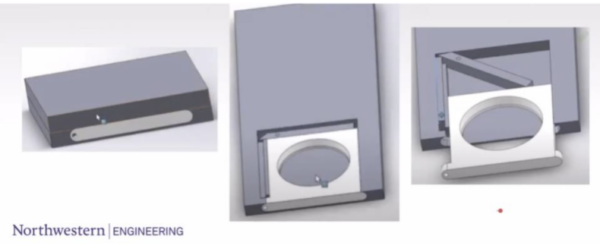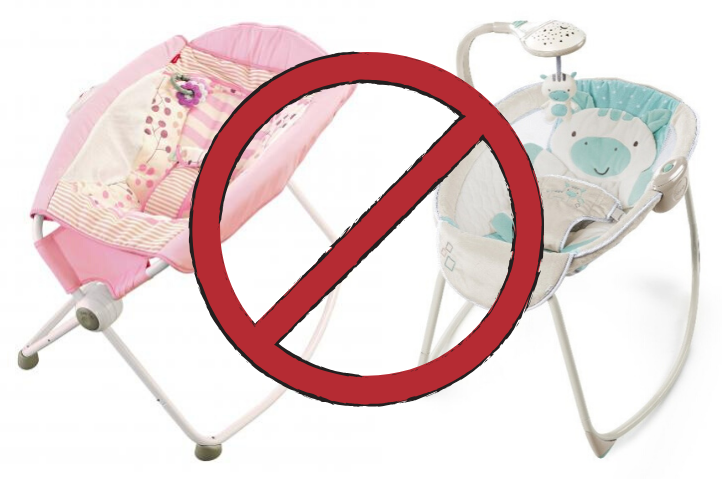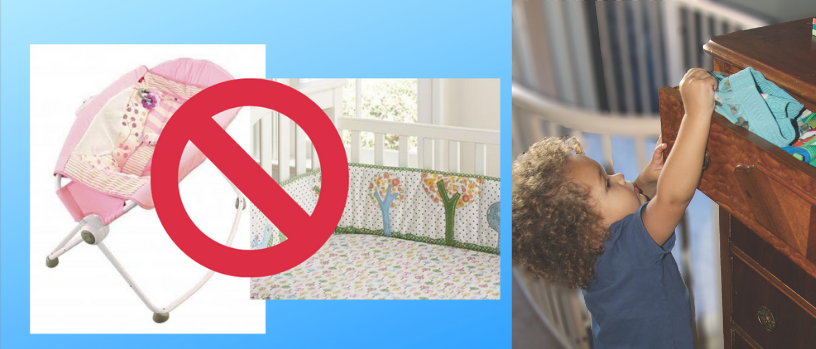A team of students at Northwestern University McCormick School of Engineering and Applied Science were challenged by KID to solve a top safety priority for many parents and caregivers – protecting children from button cell batteries. While toys require battery compartments that children cannot access, most battery casings do not follow any guidelines, making them potentially hazardous for children. If these batteries are ingested, children can end up with serious health problems or potentially die. Reese Elizabeth Hamsmith was just 18 months old when she lost her life due to an accidental battery button ingestion.
The project is part of KID’s TEST: Teach Early Safety Testing Program, developed to encourage undergraduate engineering students to think about safety as they learn to design products. Many students have gone through the program and designed other TEST projects which include projects like redesigning high-chairs, baby monitors and more.
Team Wild Cat-ion, the team of students tasked with this challenge, James Kim, Jenna Kim, Serena Lyou, and Ben Taalman, created a prototype for “The Pop-out Tray,” which was their solution to protecting children from batteries. This prototype is an alternative for the current battery compartments that exist for household items. The design could be applied to most household items to secure button batteries to prevent children from potentially ingesting them. Using a small thin, object like a paper clip, adults can easily replace the button battery inside.

Team Wild Cat-ion’s prototype of “The Pop-out Tray”
On June 11, 2021, the team presented their prototype to the KID team via Zoom. Although this is just a prototype, the team’s solution to this problem is a reminder and evidence that more can be done to improve product safety.


